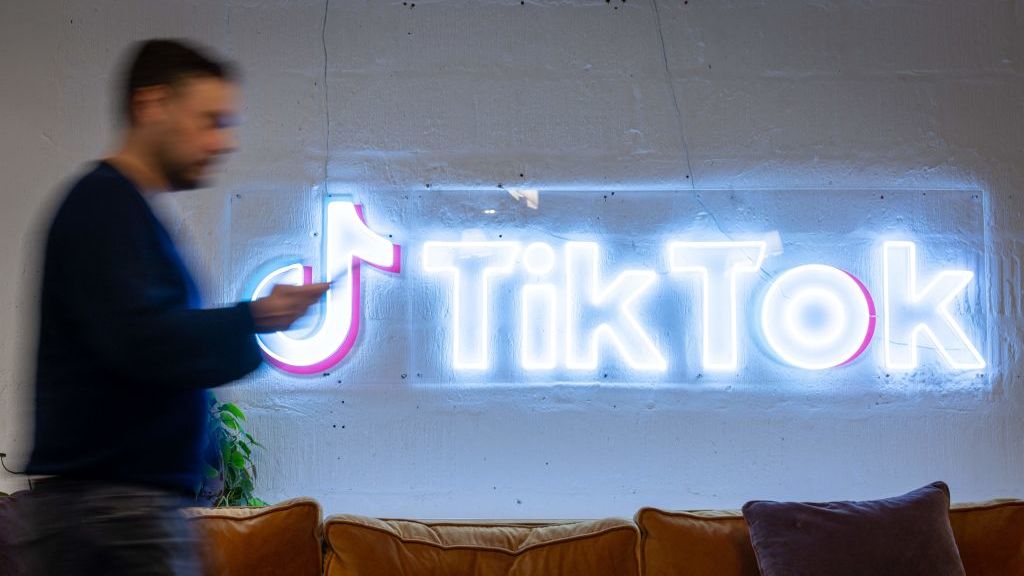Chinese authorities summon Alibaba executives over data breach
An unknown attacker stole the data of over a billion citizens from a police database, in one of the largest breaches recorded in history


Chinese authorities have reportedly called in Alibaba cloud executives for talks over the police database data breach that emerged at the start of July.
Alibaba is carrying out an investigation of its own into how the data breach of over a billion people happened, according to The Wall Street Journal (WSJ). The breach, one of the largest in history, saw the data taken from a Shanghai police database and was put online for sale for around $200,000 in late June.
Cyber security researchers said that a dashboard for managing the database had been left open, without a password, for over a year. Researchers concluded that it was hosted on Alibaba’s cloud platform which was also confirmed by company employees.
After the anonymous attacker posted an advertisement selling the data with a sample list of the information on a cyber crime forum, senior Alibaba managers gathered to come up with an emergency response on 1 July.
The executives reportedly called in for the meetings with Shanghai authorities include Chen Xuesong, Alibaba Cloud vice president, who had been hired recently to lead the cloud unit’s digital public-security business.
IT Pro has contacted Alibaba for comment.
Since the data breach was discovered, engineers at the company have temporarily disabled access to the database and have started inspecting related code. However, the reasons for the breach haven’t yet been determined.
Get the ITPro daily newsletter
Sign up today and you will receive a free copy of our Future Focus 2025 report - the leading guidance on AI, cybersecurity and other IT challenges as per 700+ senior executives
The stolen data had been stored on Alibaba’s cloud using technology that was several years outdated and lacking in basic security features, two cyber security companies, LeakIX and SecurityDiscovery, told the WSJ. It was missing an up-to-date security certificate, with the company last deploying one in September 2017 which was never renewed after its expiration a year later.
The data is also believed to contain personal information belonging to Chinese citizens including names, government ID numbers, phone numbers, and records of crimes reported to the police.
Since the breach has occurred, Alibaba Cloud has ordered staff to review details like the database architecture and configurations in contracts with key clients, putting an emphasis on those with dedicated private cloud resources including government agencies and financial institutions.
RELATED RESOURCE

Your key to digital differentiation and competence
Database services fit for app modernisation, cloud-native innovation, and data-driven strategies
LeakIX and SecurityDiscovery also found 13 other Alibaba-hosted databases which used the same outdated version of the database and database products. They had also been set up identically with the database on a private server and the dashboard on the public internet. All 13 had the same certificate that then expired and nearly all had been left open for around a year. One database had over 60TBs of data while another had 92TBs, far more than the 23TBs stolen from the Shanghai police.
This isn’t the first time that the Chinese tech giant has faced scrutiny over its data-security practices. Last December, its cyber security partnership with the Chinese ministry in charge of technology was suspended for six months after the government alleged the company took too long to report a global software vulnerability.
Zach Marzouk is a former ITPro, CloudPro, and ChannelPro staff writer, covering topics like security, privacy, worker rights, and startups, primarily in the Asia Pacific and the US regions. Zach joined ITPro in 2017 where he was introduced to the world of B2B technology as a junior staff writer, before he returned to Argentina in 2018, working in communications and as a copywriter. In 2021, he made his way back to ITPro as a staff writer during the pandemic, before joining the world of freelance in 2022.
-
 Bigger salaries, more burnout: Is the CISO role in crisis?
Bigger salaries, more burnout: Is the CISO role in crisis?In-depth CISOs are more stressed than ever before – but why is this and what can be done?
By Kate O'Flaherty Published
-
 Cheap cyber crime kits can be bought on the dark web for less than $25
Cheap cyber crime kits can be bought on the dark web for less than $25News Research from NordVPN shows phishing kits are now widely available on the dark web and via messaging apps like Telegram, and are often selling for less than $25.
By Emma Woollacott Published
-
 Latitude Financial's data policies questioned after more than 14 million records stolen
Latitude Financial's data policies questioned after more than 14 million records stolenNews Some of the data is from at least 2005 and includes customers’ name, address, and date of birth
By Zach Marzouk Published
-
 Latitude hack now under state investigation as customers struggle to protect their accounts
Latitude hack now under state investigation as customers struggle to protect their accountsNews The cyber attack has affected around 330,000 customers, although the company has said this is likely to increase
By Zach Marzouk Published
-
 IDCARE: Meet the cyber security charity shaping Australia and New Zealand's data breach response
IDCARE: Meet the cyber security charity shaping Australia and New Zealand's data breach responseCase Studies IDCARE is recruiting a reserve army to turbocharge the fightback against cyber crime not just in the region, but in the interests of victims all over the world
By Zach Marzouk Published
-
 Australia commits to establishing second national cyber security agency
Australia commits to establishing second national cyber security agencyNews The country is still aiming to be the most cyber-secure country in the world by 2030
By Zach Marzouk Published
-
 Medibank bleeds $26 million in cyber costs following hack
Medibank bleeds $26 million in cyber costs following hackNews The company believes this figure could rise to $45 million for the 2023 financial year
By Zach Marzouk Published
-
 TikTok's two new European data centres to address data protection concerns
TikTok's two new European data centres to address data protection concernsNews The company is under pressure to prove its user data isn’t being accessed by the Chinese state
By Zach Marzouk Published
-
 Cyber attack on Australia’s TPG Telecom affects 15,000 customers
Cyber attack on Australia’s TPG Telecom affects 15,000 customersNews It is the third cyber attack on a major Australian telco since October
By Zach Marzouk Published
-
 Telstra blames IT blunder for leak of 130,000 customer records
Telstra blames IT blunder for leak of 130,000 customer recordsNews Australia’s biggest telco said that the error was due to a mismanagement of databases and not a cyber attack
By Zach Marzouk Published